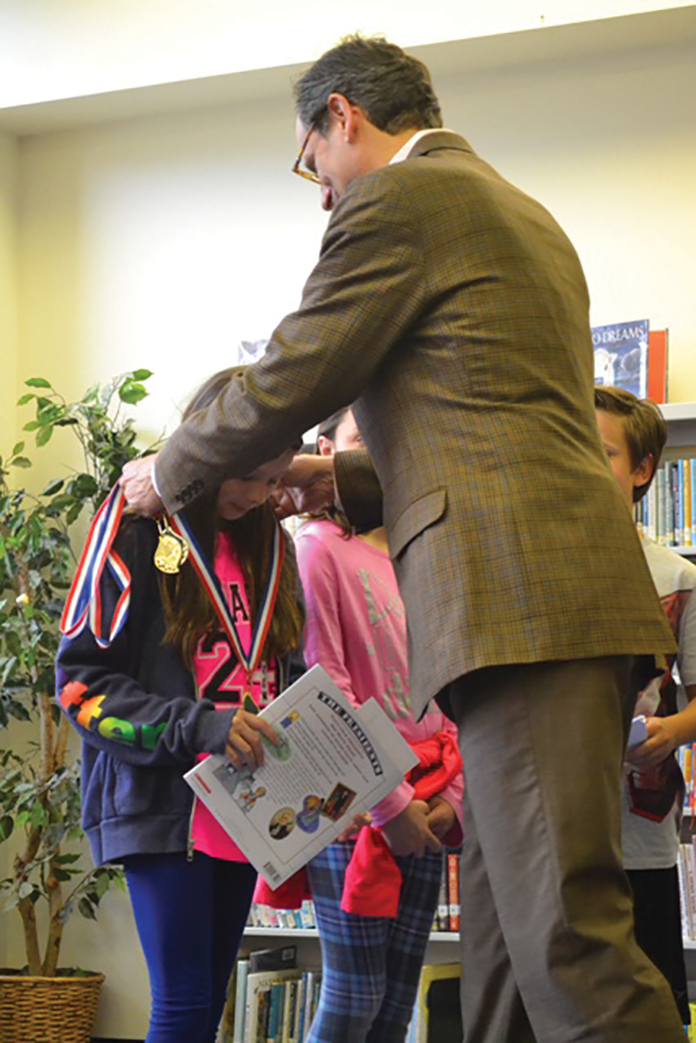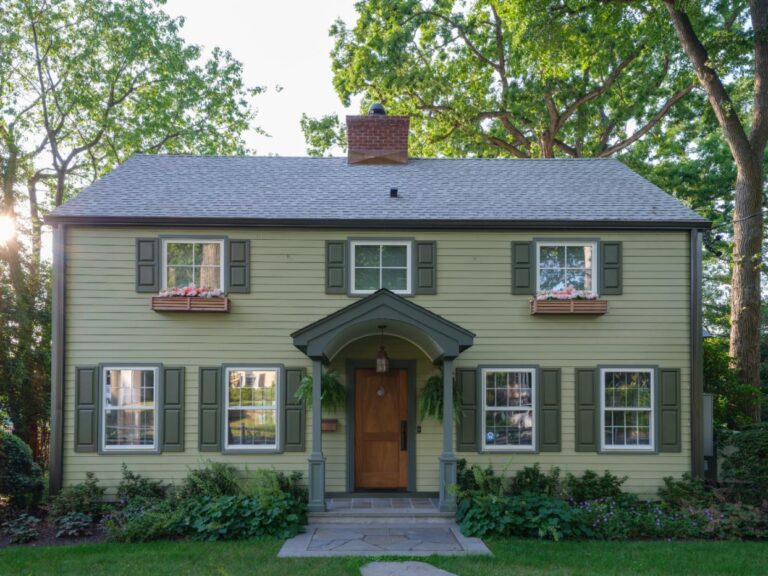Students who are reading “just below” grade level often struggle to boost their skills—and many only need a little extra attention outside the classroom but don’t have access to it. That’s where The Greenwich United Way Reading Champions comes in: Launched in 2008 in partnership with the Greenwich Public Schools, the literacy program pairs Greenwich youth with community volunteers to build fluency skills. Since its inception, Reading Champions has assisted more than 2,500 children in kindergarten through fifth grade to help them achieve individual reading goals. “The program is the only one like it in the town of Greenwich,” says Marie Valle Wardell, program coordinator for Greenwich United Way.
What makes it so unique? “Unlike other reading programs in which a tutor goes into the school and either reads with or to the student, Reading Champions tutors deliver a specific curriculum,” explains Wardell. Known as Reading Fluency A-Z, this curriculum is widely used by literacy specialists and teachers. It’s specifically designed to develop reading fluency—which essentially means reading like you speak, fluidly stringing sentences together instead of stopping at each word—as well as comprehension and expression.
Volunteer tutors work one-on-one with first through fifth graders on reading targeted passages, then review difficult words. “Tutors time students with each reading and notate the correct words read per minute,” Wardell says. These scores are entered into a graph to measure progress. “The students enjoy coloring the graph and seeing their success!” she says. At the kindergarten level, the students might play word games and work on other tasks assigned by the teacher. “All children also master Fry words, the most commonly used words in the English language ranked in order of frequency,” says Wardell, adding that there’s also an after-school program, where volunteers help with homework in addition to fluency.
The co-founder of Reading Champions is Joan Lowe, a former Greenwich school teacher, who saw a need for the initiative. “If you’re one of those cusp kids, not ready for a reading specialist but just slightly below proficiency, a teacher can select you to be in the program,” she explains. Lowe wanted to address the challenges these children face. “By the time these kids get to the end of a sentence, they can’t remember anything they’ve just read, because they’re struggling,” Lowe notes. “Their confidence is really low because everyone else in the class has finished reading a passage already.”
As for whether the kids feel shy or embarrassed about being in the program? “I tell them, ‘By the end of the year, you’re going to be a reading champion!’ And all of that ‘why-am-I-here?’ hesitation completely goes away,” says Lowe. Many of the kids race to be first in line to meet with their tutors. “Reading has a huge impact on academic confidence,” she says, “and how successful kids will be in school.”
Reading Champions now serves 10 out of 11 elementary schools in Greenwich, the Byram Archibald Neighborhood Center, Community Centers, Inc. of Greenwich, Boys & Girls Club of Greenwich and the YWCA of Greenwich. “Teachers love it; they say, ‘If I had 20 minutes to read to these kids, I could do it, but I don’t have 20 minutes,” says Lowe. “We just boost up the proficiency and boost up their confidence.”
The students are only tutored during the regular reading time and never during any other classes. This is important says Wardell, “as the students are not missing another academic period during their Reading Champions time.”
With high demand for the program, volunteers are particularly important to the organization. Greenwich United Way provides training (placement is contingent upon satisfactory background and reference checks), and Lowe personally works with many herself. “When the tutors read, I say to read with as much expression and intonation as you can, to pause at the periods, go up at those question marks,” she says. Many students don’t get enough opportunities to observe adults modeling how to read to them individually and it’s a key component, adds Wardell.
The typical volunteer might be someone who is retired, or a parent whose kids have graduated but still wants to stay active in the schools. “Volunteers become strong mentors for the children,” says Wardell. “A second grader from Julian Curtiss School said, ‘I love my Reading Champions tutor and wish she could be my grandmother so she could stay in my life forever!’”

There is often a special ceremony at the completion of the Reading Champions program at the end of the year. The volunteers speak about the children they’ve worked with and students receive a medal, a certificate of excellence, and a book. “Some students will share, by reading aloud, their thank-you notes to their tutors,” says Wardell.
With the foundation in place for solid reading skills, Wardell notes that parents can help their kids continue to flourish. “Children learn by observing,” she says. “If a parent routinely reads to a child, the child will embrace reading. My mantra is: ‘Read, read, read.’”





